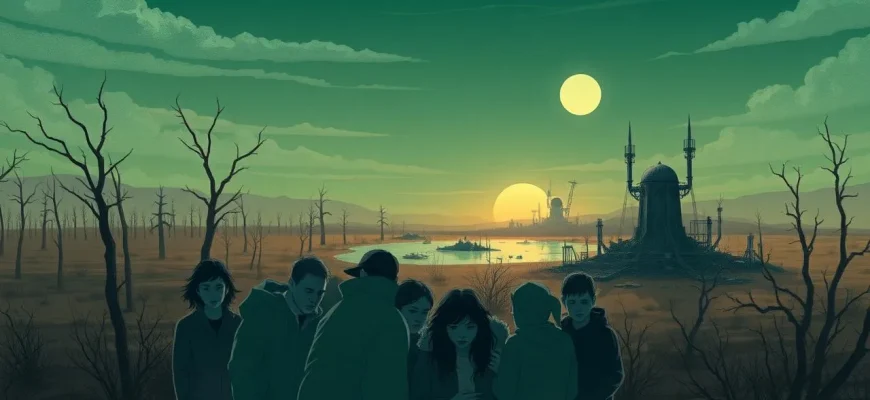Climate change is not just a looming threat; it's a terrifying reality that has inspired a niche genre in horror cinema. These films delve into the darker side of environmental degradation, exploring themes of ecological collapse, natural disasters, and the horrors that arise from humanity's impact on the planet. This curated list of 10 horror films offers a chilling perspective on the consequences of climate change, providing both entertainment and a stark reminder of our responsibilities towards our planet.
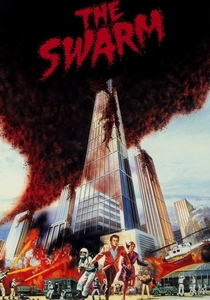
The Swarm (1978)
Description: A swarm of killer bees, possibly mutated by human activity, terrorizes the US, serving as a metaphor for nature's retaliation against human interference.
Fact: The film was one of the last major disaster movies of the 1970s, featuring an all-star cast.
 Watch Now
Watch Now

The Dead Zone (1983)
Description: Although primarily a thriller, it includes themes of environmental catastrophe when the protagonist foresees a nuclear disaster, reflecting fears of ecological collapse.
Fact: The film is based on Stephen King's novel of the same name, with King himself making a cameo appearance.
 Watch Now
Watch Now
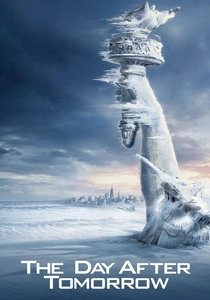
The Day After Tomorrow (2004)
Description: This film depicts a sudden global weather shift that leads to a new ice age, showcasing the catastrophic effects of climate change in a dramatic, apocalyptic fashion.
Fact: The film was inspired by the book "The Coming Global Superstorm" by Art Bell and Whitley Strieber. It was also one of the first major films to address climate change as a central plot point.
 Watch Now
Watch Now
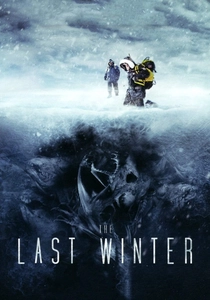
The Last Winter (2006)
Description: An oil company's drilling in the Arctic leads to supernatural events, symbolizing nature's revenge against human intrusion.
Fact: The film was shot in Iceland, utilizing its harsh, icy landscapes to enhance the eerie atmosphere.
 Watch Now
Watch Now
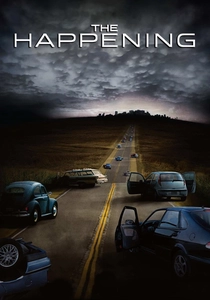
The Happening (2008)
Description: A mysterious neurotoxin causes mass suicides, hinting at nature's retaliation against human-induced environmental damage.
Fact: M. Night Shyamalan wrote, directed, and produced this film, which was his first R-rated film.
 Watch Now
Watch Now
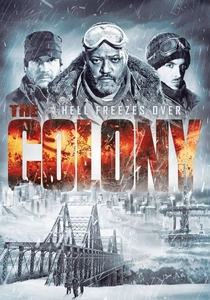
The Colony (2013)
Description: In a post-apocalyptic world where survivors live underground due to a new ice age, the film explores the dire consequences of climate change and human survival.
Fact: The film was shot in Toronto, Canada, using a mix of practical effects and CGI to create the icy, desolate landscape.
 Watch Now
Watch Now
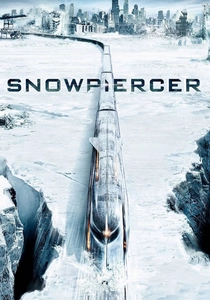
Snowpiercer (2013)
Description: After a failed climate change experiment, humanity lives on a perpetually moving train, highlighting the stark class divisions and the consequences of environmental manipulation.
Fact: The film is based on the French graphic novel "Le Transperceneige" and was directed by Bong Joon-ho, who later won an Oscar for "Parasite."
 Watch Now
Watch Now
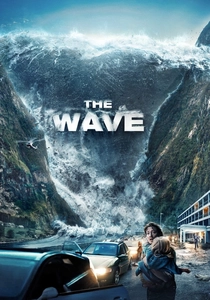
The Wave (2015)
Description: While not explicitly about climate change, this Norwegian film about a tsunami caused by a rockslide serves as a reminder of the natural disasters that can be exacerbated by environmental changes.
Fact: It was Norway's submission for the Best Foreign Language Film at the 89th Academy Awards.
 Watch Now
Watch Now
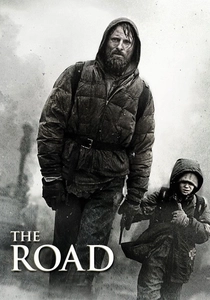
The Road (2009)
Description: While not directly about climate change, the post-apocalyptic setting suggests a world ravaged by environmental disaster, focusing on survival in a bleak, altered landscape.
Fact: The film is based on Cormac McCarthy's Pulitzer Prize-winning novel.
 30 Days Free
30 Days Free
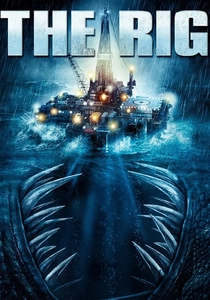
The Rig (2010)
Description: Set on an oil rig, this film shows the crew facing supernatural forces unleashed by their drilling, symbolizing the wrath of nature against human exploitation.
Fact: The film was shot on an actual oil rig off the coast of Scotland, providing an authentic setting.
 30 Days Free
30 Days Free

